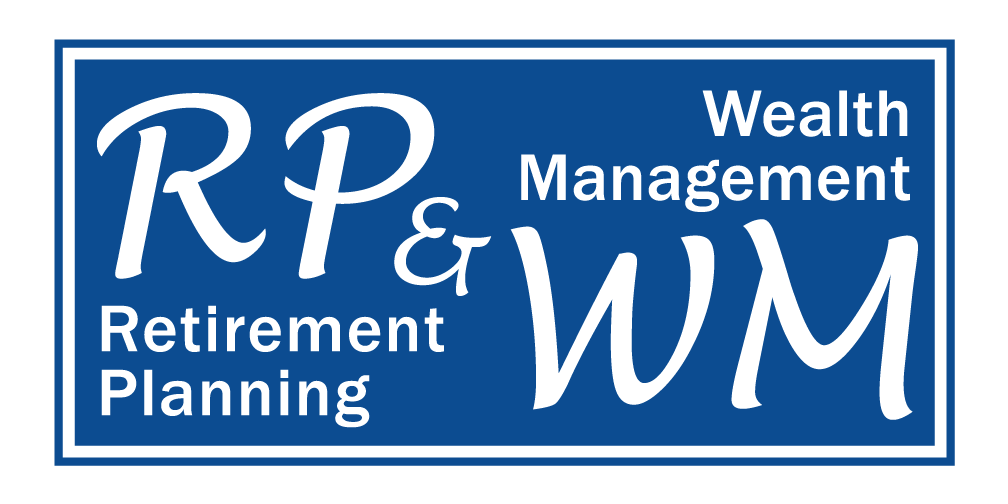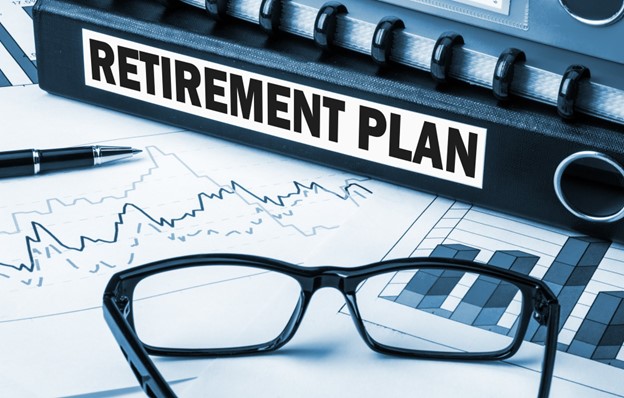In Texas, the average retirement age is 65. Many oil and gas workers dream of retirement, even early in their careers. Yet, before you can leave your job for retirement fun, you need to plan.
However, how to plan for retirement can be overwhelming and involve so many unknowns. How much money will you need? How long will you live? Where should you put your money?
The questions you might have related to retirement planning might even keep you from getting started on making an actual plan.
A plan for retirement doesn’t have to be that scary or daunting with the right professionals on the team. Read on to learn more about the many things to consider as you plan for retirement.
Get Started Right Away
One of the most critical aspects of planning for retirement is getting started. It’s not uncommon for a person early in their career to think they have so much time, and a plan for retirement doesn’t need to be a priority.
The reality is that the earlier you start saving and working towards building wealth, the more options you’ll have for retirement. Don’t miss out on employer-saving opportunities at a young age.
Likewise, don’t be discouraged if you haven’t started yet. It’s never too late to develop a plan.
Consider Your Goals
As you consider a retirement plan, you want to take time to consider your goals for the future.
Of course, your first goal might be establishing what age you hope to retire. Then, you can build your other goals as milestones towards that retirement age.
Your retirement planning can involve using the resources you have available through the oil and gas industry to help achieve those goals.
Create a Retirement Plan
Once you’ve established your goals for retirement, you need a plan for how to get there. This is where a professional in retirement planning is instrumental in helping you.
You need to figure out how much money you’ll need in retirement and how to get there. This involves how much you should start saving and how to grow your money for the future.
The good news about a plan is that you can monitor and adjust your strategy when working with retirement planning professionals.
Where to Put Your Retirement Money
The good news for those working in the oil and gas industry is the opportunities to save within your industry.
You’ll want to work with your financial planner to evaluate your savings options to determine which options help you meet your goals. You’ll consider where your money will grow and what tax implications each option brings.
More on taxes shortly.
Consider How Long You Have to Save
One of the most significant elements in retirement planning is calculating how long you have to save and prepare before retirement. It’s always wise to start your planning at a young age.
The reality is that it’s never too late to start your planning. Even if you start planning close to retirement, you can consider the best options for your money and the tax implications.
How Much Money Will You Need in Retirement
One of the most challenging questions related to retirement planning is estimating how much money you’ll need.
It’s important to consider what expenses you’ll have. You also want to consider your spending habits and what goals you have for your retirement.
For example, you might pay off your home before retirement but want to spend your retirement years splurging on your bucket list and some travel.
Social Security
A critical factor in planning for retirement and your finances is Social Security. You’ll need to consider when you plan to start taking your Social Security benefits and what you will get each month.
Of course, Social Security has become highly political, and you need to factor in that changes in the policy are changing all the time.
Medical Costs
Another important consideration for your financial needs for the future is the cost of your medical care in retirement.
You’re eligible for Medicare at age 65. Of course, Medicare won’t cover all of your costs. You’ll need to consider if you need supplemental insurance or if you’ll have coverage through a pension plan.
Saving and Building Wealth
When planning for retirement, there are two strands of your planning. Most people recognize the importance of saving for the future.
When you work with your retirement planner, they can help you calculate how much you need to save. Part of that savings equation will be your options for building wealth.
Depending on how much time you have until retirement will be a factor in where to put your money and how much time the savings will have to grow.
Consider Your Risk Tolerance
One factor in your retirement planning to consider is your risk tolerance. Risk is an important factor as you consider where to put your money and how to grow it for the future.
An essential part of risk calculations involves how much time you have before you hope to retire. Each of these factors will be used to calculate how much you need to save as you build your retirement plan for the future.
Consider Tax Implications
As you work on your financial planning, another consideration involves tax planning. Your retirement planner should help you to understand when you pay taxes on the money you’re saving towards retirement.
You also want to consider when your money will be eligible to be removed from any retirement funds without penalty.
Estate Planning for Your Future
As you work on your retirement plans and set up goals to meet those, another essential consideration is your estate planning. You want to know your money is protected in a worst-case scenario before or after retirement.
How to Plan for Retirement to Meet Your Goals
If you don’t know how to plan for retirement, don’t despair. In fact, working with a retirement planning professional can take away much of the fear for the future.
If you work in the oil and gas industry, we can help you prepare for retirement. Let RPWM be your guide as you pursue your retirement goals. We’ll consider your situation, needs, and goals for the future to build a retirement plan unique to you.


